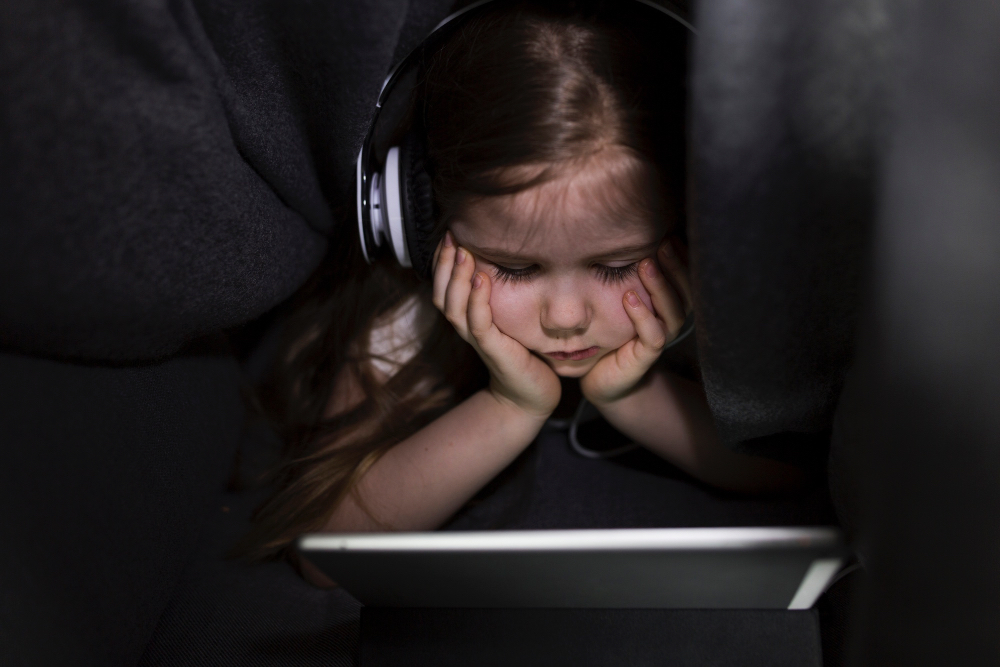Beyond Likes & Followers: Unmasking the Pressure of Social Comparison

The Carefully Crafted Feed: A World of Illusion
Social media paints a rosy picture of reality. Teenagers scroll through endless feeds filled with meticulously curated photos, filtered vacations, and seemingly perfect relationships. Imagine a friend who only posts pictures of themselves winning awards or attending glamorous events. You wouldn't get a complete picture of their struggles, bad days, or insecurities, would you? Social media functions similarly. Teenagers see the "best of" moments from their peers, carefully crafted to garner the most likes and comments. This constant comparison to a highlight reel can be detrimental to their self-esteem. They may start questioning their own lives, feeling inadequate or left out.
The Validation Trap: Why Online Approval Matters
For teenagers, social validation holds immense power. Likes, comments, and shares become a measure of self-worth. The need for approval and acceptance from their peers, often reflected in online interactions, becomes a driving force. The pressure to be popular and constantly "on" can lead to anxiety and a distorted sense of self. Teens might feel the need to constantly post, edit their photos to unrealistic beauty standards, or even engage in risky behavior to get noticed online.
Building Confidence Beyond the Screen
Help your teen understand that social media is a highlight reel, not reality. People only share the positive aspects of their lives, creating an illusion of perfection. Encourage them to develop critical thinking skills and understand that what they see online isn't the whole story.
- Discuss curated content: Talk about how photos are edited, filters are used, and only the best moments are shared.
- Explore the power of perspective: Encourage your teen to consider the effort and energy put into creating these "perfect" posts.
- Promote self-acceptance: Help your teen identify their strengths and positive qualities that go beyond social media validation.
Shifting the Focus: From Likes to Life
Social media shouldn't define a teenager's self-worth. Here are some ways to help them find validation and fulfillment beyond the screen:
- Encourage real-life connections: Help your teen nurture friendships and relationships outside of social media.
- Explore hobbies and passions: Support their interests and activities that bring them joy and a sense of accomplishment.
- Practice gratitude: Help them appreciate the positive aspects of their lives, focusing on things they're grateful for.
- Celebrate individuality: Encourage your teen to embrace their unique qualities and not compare themselves to others.
Conversation Starters:
- "Have you ever felt bad about yourself after scrolling through social media? Maybe because someone else seemed to be having a lot more fun or looked 'perfect' in their photos?"
- "What are some things you like about yourself that don't involve social media? Maybe you're a great artist, a supportive friend, or have a fantastic sense of humor?"
- "What activities make you feel happy and fulfilled? Is it playing sports, hanging out with friends, or learning a new skill? Let's focus on those things and celebrate your unique talents!"
By fostering open communication and encouraging your teen to find validation in their real-life experiences, you can help them navigate the pressures of social comparison and build a healthy sense of self-worth.
